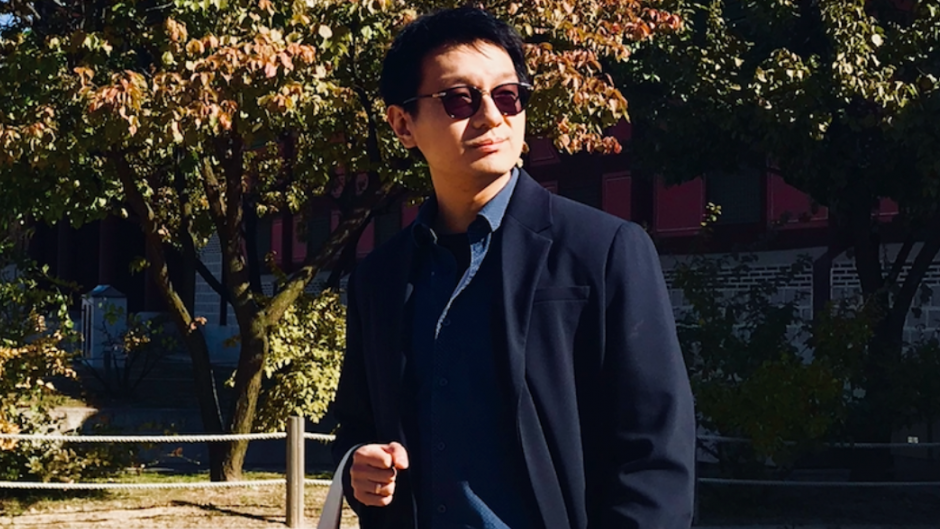Darien Cipta, doctor and Master of Family Medicine graduate

Darien is one of our Master of Family Medicine graduates. He now acts as a tutor on the programme while working as a doctor in Indonesia.
1. Tell us a bit about yourself and your career so far
My name is Darien Alfa Cipta. I was born and raised in Indonesia. After completing medical school, I worked in a hospital located in a small town-island in Eastern Indonesia.
Then I moved to work in a hospital in a suburban area. I finished my Master of Family Medicine before entering the residency.
Currently, I am in the last year of a psychiatry residency. I have the privilege of maintaining the connection with the University of Edinburgh’s Family Medicine Department by working as an online tutor for the foundation module and mental health module foundation.
2. Why did you decide to study online?
I was attracted by the fact that a reputable university delivers the programme.
At the same time, it is not easy to find a family medicine course nearby, and I needed a flexible method that could match my clinical duties. An online programme is a fantastic solution to meet this need.
3. What was your favourite aspect of the programme?
The vibrant community of learners is my favourite part. My batch is very diverse in terms of background; we have family doctors practicing in Africa, Asia, and the Bahamas.
Some worked in primary care, but there were also some specialists and public health officers. We developed friendships over the years through the exchange of ideas and experiences. I learned a lot about health systems from different parts of the world.
The contact teaching element was among the best aspects as well. It solidified what we learned via online forums and lectures. At that time, the University was partnering with a teaching hospital in India.
That was a great experience as we could observe how things were being conducted in real practice and limited resource settings while giving and receiving feedback from colleagues and teachers.
The cultural exchange was also another great feature and enriching our professional expertise as cultural competence is also required for any family medicine practitioner.
4. How will your masters benefit your career?
Gaining a masters degree from a world-class institution helps to gain respect and trust from colleagues.
It has also made way for further international projects and collaborative opportunities. As the field is gaining attention from stakeholders and beginning to thrive, people are looking for advice to develop family medicine in Indonesia. My study experience with the University puts me in the right position to take on this role.
5. How has this programme impacted your work with patients?
Studying at the University of Edinburgh has honed my reflective skills. I could say the course is very “reflective,” and we are prepared to be life-long independent learners.
The family medicine approach also helped me see patients’ issues from a multi-perspectival lens, considering broader health determinants, which is often beyond what is traditionally perceived as a healthcare domain.
6. Would you recommend this programme to other doctors?
Definitely. As an alumnus and now tutor in the programme I have felt the benefit of this programme. I have also witnessed how the masters becomes more robust.
I recommend this programme for any doctor interested in providing holistic care for their patients or taking a leadership position in primary care. It is also suitable for those who wish to pursue a career in academia, and I think it is a good foundation for a PhD course.

